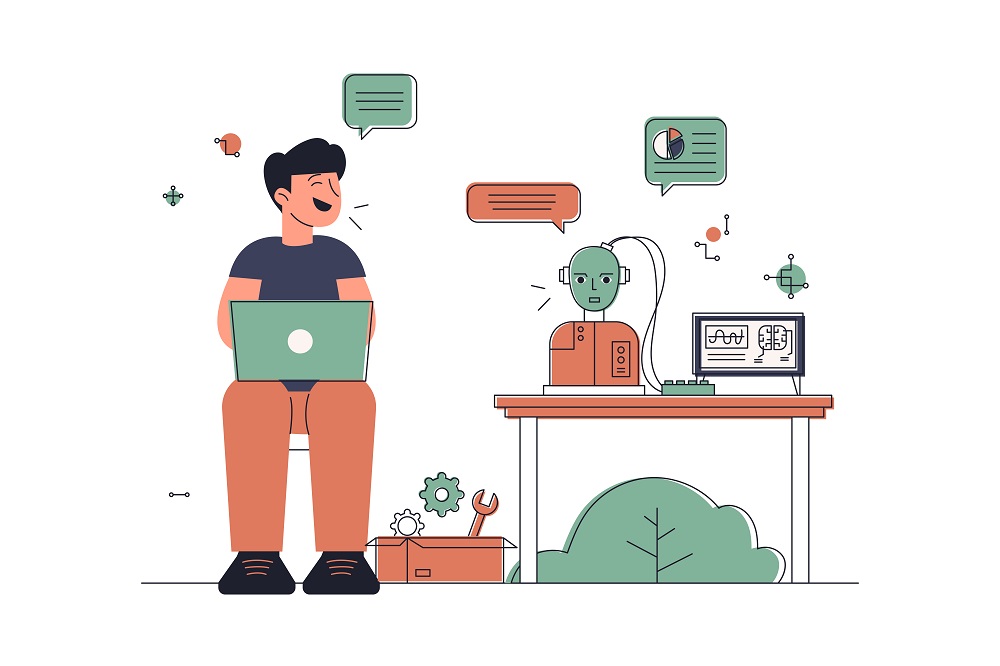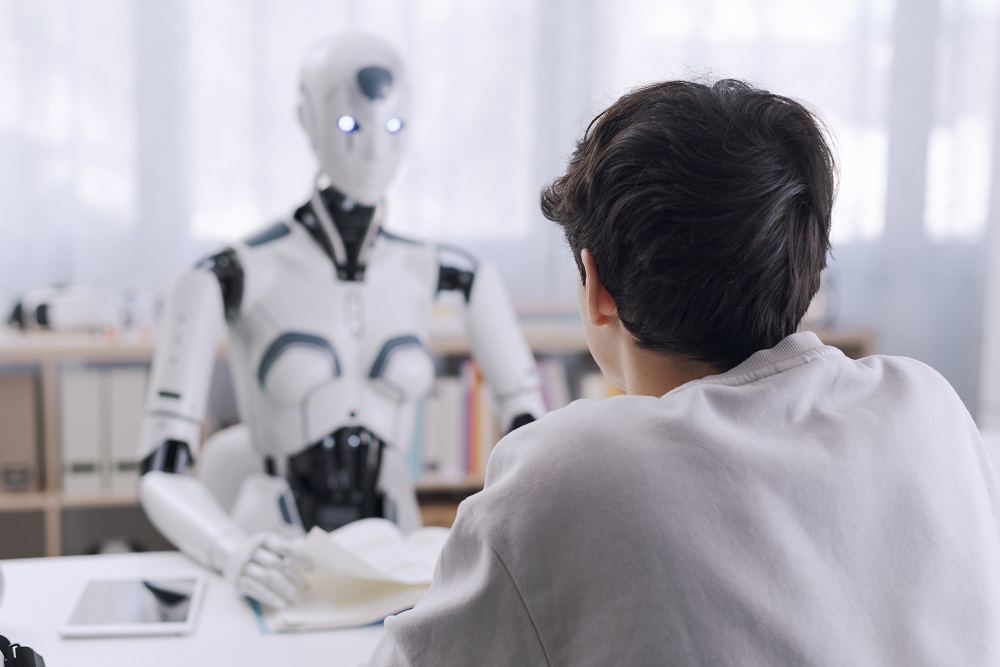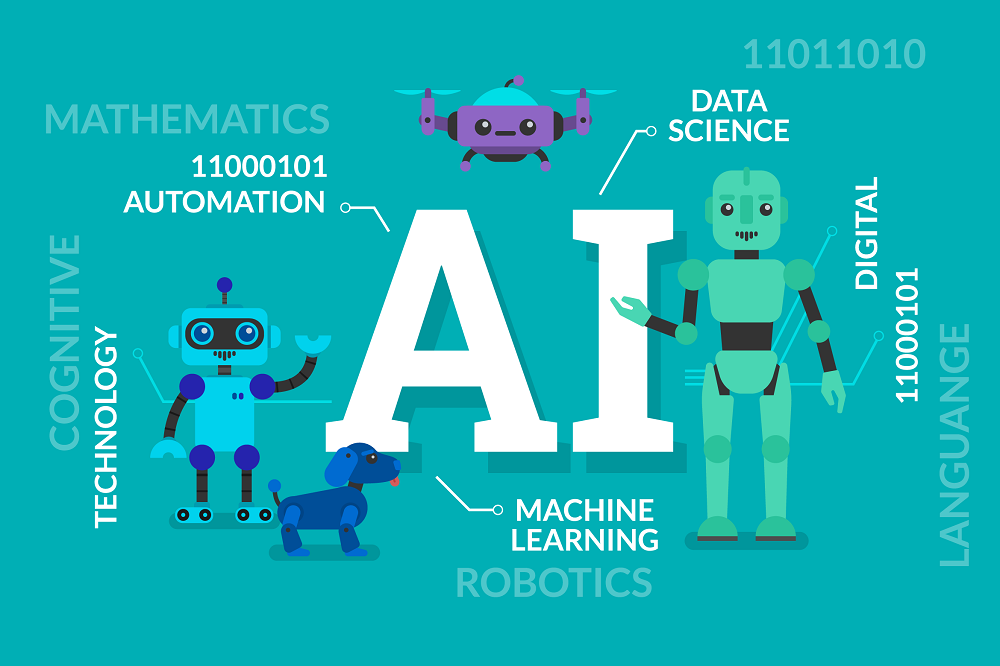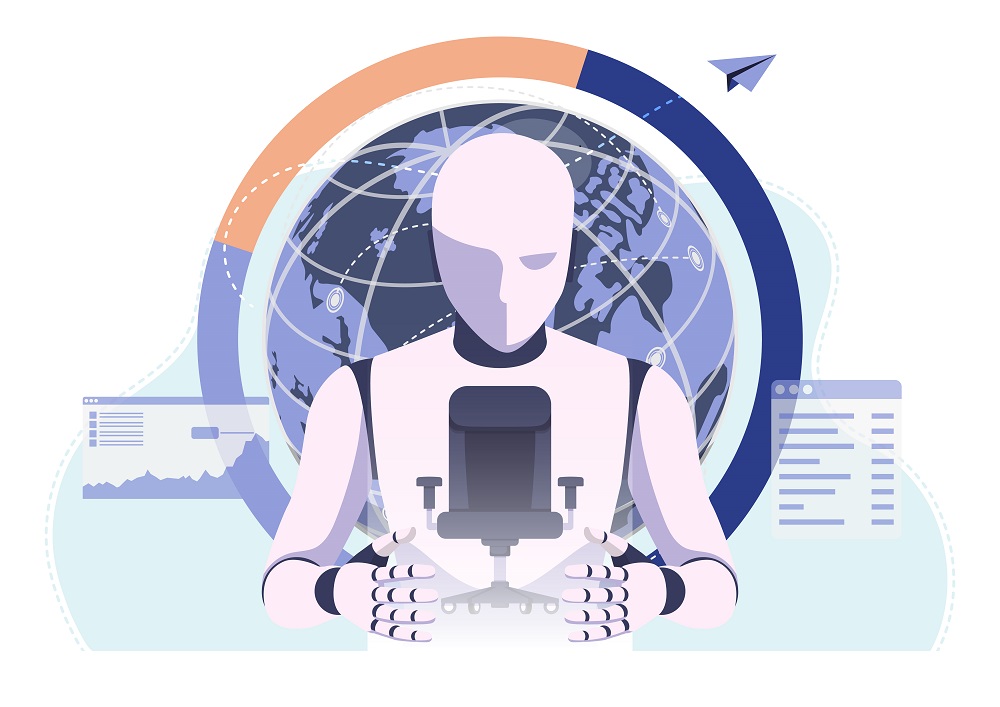As AI technologies continue to evolve, AI copilots are quickly becoming indispensable tools in both personal and professional environments. These AI-driven assistants are not just passive tools that perform tasks—they are active collaborators capable of helping us navigate complex workflows, enhance decision-making, and even drive innovation.
From streamlining mundane tasks to offering real-time insights, AI copilots are reshaping how we work, communicate, and problem-solve.

In this article, we will explore what AI copilots are, how they work, and their profound impact across various sectors.
What Are AI Copilots?
At its core, an AI copilot is a digital assistant powered by artificial intelligence designed to assist and augment human tasks. Unlike traditional software programs that follow specific commands, AI copilots can learn, adapt, and make decisions based on the data they process. Their goal is not just to complete tasks but to support human decision-making and improve efficiency through automation and intelligent insights.
AI copilots utilize advanced algorithms, natural language processing (NLP), and machine learning to understand user input, learn from past interactions, and provide predictive suggestions. These copilots are being integrated into a wide range of platforms—from business management systems to personal productivity tools—allowing them to be flexible in their applications and responsive to individual user needs.

How Do AI Copilots Work?
AI copilots leverage a combination of advanced technologies to function effectively:
1. Natural Language Processing (NLP): One of the critical elements behind AI copilots is the ability to understand and interpret human language. Using NLP, AI copilots can analyse text, speech, and even intent, allowing users to interact with them in a natural, conversational way. Whether typing a command, asking a question, or making a request verbally, the AI copilot can understand and respond accordingly.
2. Machine Learning: AI copilots constantly improve through machine learning, which enables them to learn from previous interactions and data. Over time, they can predict your preferences, offer better suggestions, and automate repetitive tasks with increasing accuracy. The more you use an AI copilot, the better it becomes at tailoring its responses to your specific needs.
3. Real-Time Data Processing: AI copilots can process and analyse vast amounts of data in real-time, enabling them to provide actionable insights when making decisions. For example, in business settings, AI copilots can quickly analyse sales data and offer recommendations on strategy, or in healthcare, they can process patient data to help diagnose conditions.
4. Task Automation: Automation is a crucial feature of AI copilots. By managing routine tasks such as scheduling, document generation, and data entry, they free up valuable time for humans to focus on higher-level tasks like creative thinking and strategic planning.
This video shows how Microsoft Copilot 365 works
Critical Applications of AI Copilots
AI copilots are versatile and utilized across multiple industries, including healthcare, education, customer service, and more. Here is a closer look at their most common applications:
1. Business and Productivity: AI copilots transform workplaces by automating administrative tasks, analysing data, and improving workflow management. Tools like Microsoft 365 Copilot use AI to assist in drafting documents, organizing data, and generating reports, allowing employees to focus on critical thinking rather than administrative work.
2. Healthcare: In the healthcare industry, AI copilots assist doctors and medical staff by analysing patient records, providing diagnostic suggestions, and predicting treatment outcomes. These copilots are designed to complement the expertise of healthcare professionals, ultimately improving patient care, and reducing human error.
3. Customer Service: AI copilots are helping companies offer better customer support through chatbots and virtual assistants. These copilots can answer queries, process complaints, and suggest products based on customer behaviour. With machine learning, they improve their responses over time, offering a more personalized customer experience.
4. Creative Assistance: AI copilots are also finding their place in creative fields. From assisting in writing and graphic design to generating music and videos, these AI systems help creators brainstorm ideas, suggest improvements, and even automate certain aspects of the creative process.For AI creative assistance check out Adobe Creative Cloud by clicking HERE
Why Are AI Copilots Important?
The growing integration of AI copilots into daily workflows is changing how we think about productivity, creativity, and decision-making. Here is why they are so important:
1. Increased Efficiency: AI copilots streamline tasks that typically require manual effort, thus improving overall efficiency. For example, AI copilots can take on these tasks instead of spending hours analysing data or managing schedules, leaving more room for creative thinking and problem-solving.
2. Enhanced Decision-Making: Because AI copilots can process and analyse large datasets in real time, they empower users to make informed decisions quickly. Whether in finance, healthcare, or business, AI copilots offer critical insights that can lead to better outcomes.
Personalization and Adaptation: AI copilots adapt to individual user needs and preferences unlike traditional software. The more they are used, the more personalized their suggestions become, offering a seamless and intuitive user experience. This adaptability ensures that each user’s unique requirements are met, providing a sense of reassurance and comfort.
Accessibility: AI copilots are making complex tasks and decision-making more accessible to individuals who may not have specialized expertise in those areas. For example, business owners who are not data scientists can still benefit from AI-powered analytics to make data-driven decisions. This democratization of technology empowers individuals and businesses, making them feel more in control and capable.
Ethical Considerations
As with any advanced technology, AI copilots have their share of ethical considerations. Issues such as data privacy, bias in AI decision-making, and the impact of automation on employment must be carefully managed. While AI copilots can increase efficiency, their reliance on data raises concerns about how data is collected, stored, and used. Companies must ensure transparency and accountability when using AI technologies to build user trust.
Similarly, developers must remain vigilant about potential biases in the algorithms that drive these systems. As AI copilots are used in decision-making processes, they must promote fairness and inclusivity.
Shaping the Future
AI copilots are not just tools—they are partners in productivity, offering a new level of support that helps individuals and businesses navigate an increasingly complex world. As these technologies evolve, we can expect them to take on more sophisticated roles in the workplace and at home, improving the way we interact with data, collaborate with others, and make decisions. This potential for growth and improvement should inspire optimism and excitement about the future.
Their ability to learn and adapt will make them even more essential as industries embrace digital transformation. AI copilots will improve efficiency and foster innovation by giving humans the time and resources to focus on creative problem-solving. You can even build your own copilot:
Conclusion
AI copilots are rapidly becoming a vital part of our digital lives. Automating tasks, analysing data, and providing real-time insights help us work smarter, not harder. Whether in business, healthcare, or creative fields, these AI-driven assistants transform how we approach tasks and make decisions. However, as their presence grows, it is essential to remain mindful of their ethical challenges and ensure that their development remains transparent and fair.
As we continue integrating AI copilots into our daily routines, they promise to reshape industries, enhance productivity, and empower us to focus on what truly matters which is creativity. Check out Adobe Creative Cloud AI creative copilots and its video reviews by clicking HERE.
Further Reading:
“The Master Algorithm: How the Quest for the Ultimate Learning Machine Will Remake Our World” by Pedro Domingos. Preview by clicking HERE.
“Human + Machine: Reimagining Work in the Age of AI” by Paul R. Daugherty and H. James Wilson. Preview by clicking HERE.
“Prediction Machines: The Simple Economics of Artificial Intelligence” by Ajay Agrawal, Joshua Gans, Avi Goldfarb. Preview by clicking HERE.
“AI Superpowers: China, Silicon Valley, and the New World Order” by Kai-Fu Lee. Preview by clicking HERE.
Keep Up To Date With An AI Prompt: What are the newest developments in AI copilots? Share the latest trends and how AI copilots are reshaping industries today!
Images credit by Pro Elements Envato

















